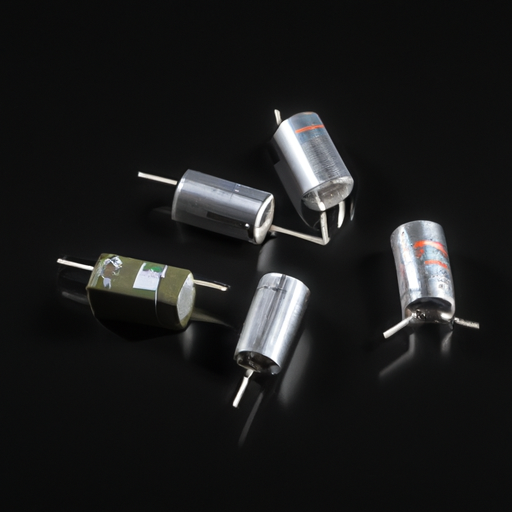SPL40-1005 Aluminum-Polymer Capacitors: Core Functional Technologies and Application Development Cases
Aluminum-polymer capacitors, such as the SPL40-1005, are revolutionizing the capacitor landscape by leveraging conductive polymers as electrolytes. This innovation leads to several performance enhancements over traditional aluminum electrolytic capacitors. Below, we delve into the core functional technologies and notable application development cases that underscore the effectiveness of aluminum-polymer capacitors.
Core Functional Technologies
| 1. Conductive Polymer Electrolyte | |
| 2. High Ripple Current Handling | |
| 3. Temperature Stability | |
| 4. Compact Size | |
| 5. Longer Lifespan | |
| 1. Power Supply Units (PSUs) | |
| 2. Consumer Electronics | |
| 3. Automotive Applications | |
| 4. Telecommunications | |
| 5. Industrial Automation | |
| 6. Renewable Energy Systems |
Application Development Cases
Conclusion
Aluminum-polymer capacitors, such as the SPL40-1005, represent a significant advancement in capacitor technology, offering numerous benefits over traditional aluminum electrolytic capacitors. Their unique properties make them suitable for a wide range of applications, from consumer electronics to industrial automation and renewable energy systems. As technology continues to evolve, the demand for high-performance capacitors like aluminum-polymer types is expected to grow, driving further innovation and application development in this field. The ongoing integration of these capacitors into various sectors highlights their critical role in enhancing efficiency, reliability, and performance in modern electronic systems.






